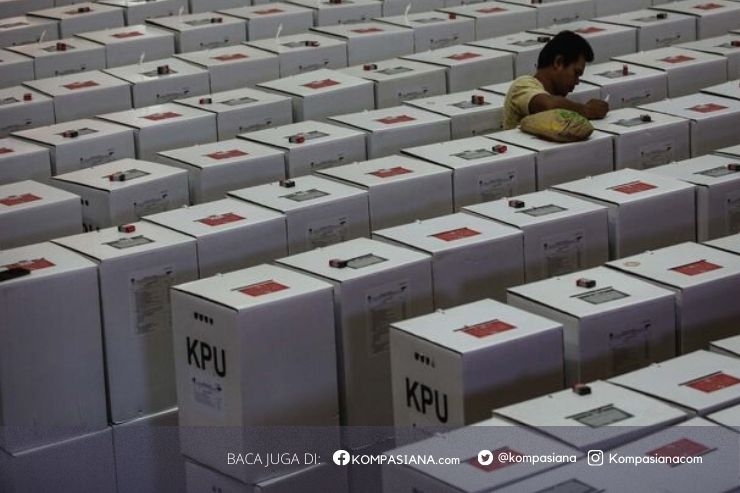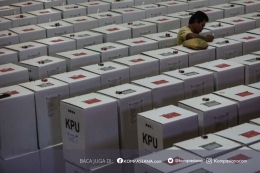Improving the efficiency of palm oil mills is a multifaceted endeavor that requires attention to various aspects of the milling process. One of the primary strategies is to enhance the Oil Extraction Rate (OER), which is the percentage of oil extracted from the fresh fruit bunches. This can be achieved by optimizing the sterilization process, which softens the fruit and makes oil extraction easier. Proper maintenance of the sterilization equipment is crucial to ensure consistent performance.
Another key area is the threshing process, where the fruits are separated from the bunches. Upgrading to more efficient threshing machinery can result in better separation and higher oil yield. Similarly, the digestion process, which involves breaking down the fruit to release the oil, can be improved by using more effective digesters or by adjusting the operational parameters to ensure maximum oil release.
The clarification process, which separates the oil from other components like water and solids, can also be optimized. Implementing more efficient centrifugation techniques and enhancing the separation process can lead to a higher purity of the extracted oil and reduced losses.
Energy consumption is another critical factor in mill efficiency. Conducting energy audits to identify areas where energy is being wasted and then taking corrective actions, such as upgrading to energy-efficient motors and boilers, can significantly reduce energy costs. Moreover, integrating renewable energy sources, like biomass, which is a by-product of the milling process, can provide a sustainable and cost-effective energy supply.
The use of technology, such as automation and real-time monitoring systems, can greatly improve the efficiency of palm oil mills. These technologies can provide precise control over the milling process, reduce the need for manual labor, and minimize errors. For instance, automated systems can ensure that the fruit is harvested at the optimal ripeness, which is crucial for maximizing oil quality and quantity.
Training and capacity building for mill operators is also essential. Educating them about best practices and efficient operation techniques can lead to better management of the milling process and prevention of downtime due to operational errors.
Lastly, it's important for farmers to engage in best agricultural practices in the plantation itself, as the quality of the fruit bunches directly impacts the efficiency of the mill. This includes proper fertilization, pest control, and harvesting techniques, which ensure that the mills receive high-quality raw materials to process.
By focusing on these areas, palm oil farmers can significantly improve the efficiency of their mills, leading to increased profitability and sustainability of their operations. It's a continuous process of evaluation and improvement, adapting to new technologies and practices as they become available.
Singkil, a region with a rich cultural heritage, faces a myriad of challenges that are both complex and multifaceted. One of the primary issues is economic development, as Singkil has been identified as one of the less affluent districts in Aceh. This economic situation could be attributed to a lack of infrastructure, which hinders access to markets and limits opportunities for local businesses to thrive. Additionally, educational resources may be scarce, impacting the skill development of the population and their ability to engage in more lucrative employment.
Environmental concerns also pose significant challenges for Singkil. Being a coastal district, it is susceptible to natural disasters such as floods and tsunamis, which can devastate communities and set back economic progress. Furthermore, deforestation and other forms of environmental degradation could affect agriculture, which is a cornerstone of Singkil's economy.
Social issues are another area of concern. Health care services might be limited, leading to difficulties in addressing both common and complex health issues. The district may also face challenges in preserving its cultural identity while striving for modernization, balancing tradition with innovation.







